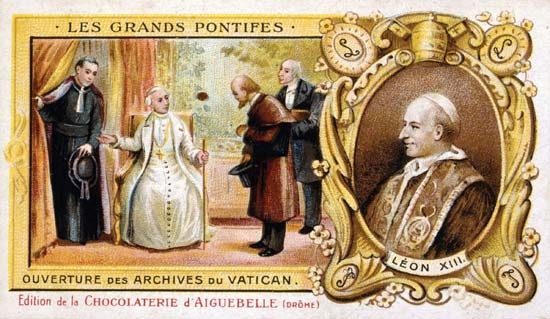eunuch
castrated human male. From remote antiquity, eunuchs were employed in the Middle East and in China in two main functions: as guards and servants in harems or other women's quarters, and as chamberlains to kings. Eunuchs were considered the most suitable guards for the many wives or concubines a ruler might have in his palace, and the eunuchs' confidential position in the harems of princes frequently enabled them to exercise an important influence over their royal masters and even to raise themselves to stations of great trust and power. Some rose to become bodyguards, confidential advisers, and even ministers, generals, and admirals. Most eunuchs underwent castration as a condition of their employment, though others were castrated as punishment or after they had been sold by poor parents.
 Eunuchs functioned as political advisers to the emperors of China as early as the Chou period (c. 1122–221 BC) and continued as such under the Han, T'ang, Ming, and Sung dynasties, persisting almost until the end of the imperial regime. At times palace eunuchs became more powerful than the emperor and effectively ruled China. Eunuchs were used as court advisers and officials in Persia under the Achaemenids (559–330 BC). The Roman emperors Claudius, Nero, Vitellius, and Titus employed eunuchs as such, as did most of the subsequent emperors of the Byzantine Empire. Indeed, many of the patriarchs of Constantinople during Byzantine times were eunuchs. Political eunuchs also flourished in the centres of Muslim power after AD 750, and as a class eunuch advisers only disappeared with the end of the Ottoman Empire in the early 20th century. The Italian practice of castrating boys in order to train them as adult soprano singers (castrati) was ended by Pope Leo XIII (1878).
Eunuchs functioned as political advisers to the emperors of China as early as the Chou period (c. 1122–221 BC) and continued as such under the Han, T'ang, Ming, and Sung dynasties, persisting almost until the end of the imperial regime. At times palace eunuchs became more powerful than the emperor and effectively ruled China. Eunuchs were used as court advisers and officials in Persia under the Achaemenids (559–330 BC). The Roman emperors Claudius, Nero, Vitellius, and Titus employed eunuchs as such, as did most of the subsequent emperors of the Byzantine Empire. Indeed, many of the patriarchs of Constantinople during Byzantine times were eunuchs. Political eunuchs also flourished in the centres of Muslim power after AD 750, and as a class eunuch advisers only disappeared with the end of the Ottoman Empire in the early 20th century. The Italian practice of castrating boys in order to train them as adult soprano singers (castrati) was ended by Pope Leo XIII (1878).Eunuchs who were emasculated voluntarily for the avoidance of sexual sin or temptation—the Christian theologian Origen (c. AD 185–c. 254) being the most celebrated example—have appeared in several Christian periods, basing their action on the text of Matthew 19:12; 5:28–30. The 3rd-century Valesii, a Christian sect of eunuchs, castrated themselves and their guests in the belief that they were thereby serving God.
- Bloor, Ella Reeve
- Blosius, Franciscus Ludovicus
- Blossius Aemilius Dracontius
- blot drawing
- Blount, Edward
- Blount, William
- blow fly
- blowgun
- Blow, John
- blow molding
- blowpipe
- Blow, Susan Elizabeth
- Bloy, Léon
- Bludenz
- blue-and-white ware
- Blue Angels
- blueback
- Bluebeard
- bluebell
- blueberry
- bluebird
- Saint Deusdedit
- Saint Dionysius
- Saint Dionysius of Alexandria
- Saint-Dizier